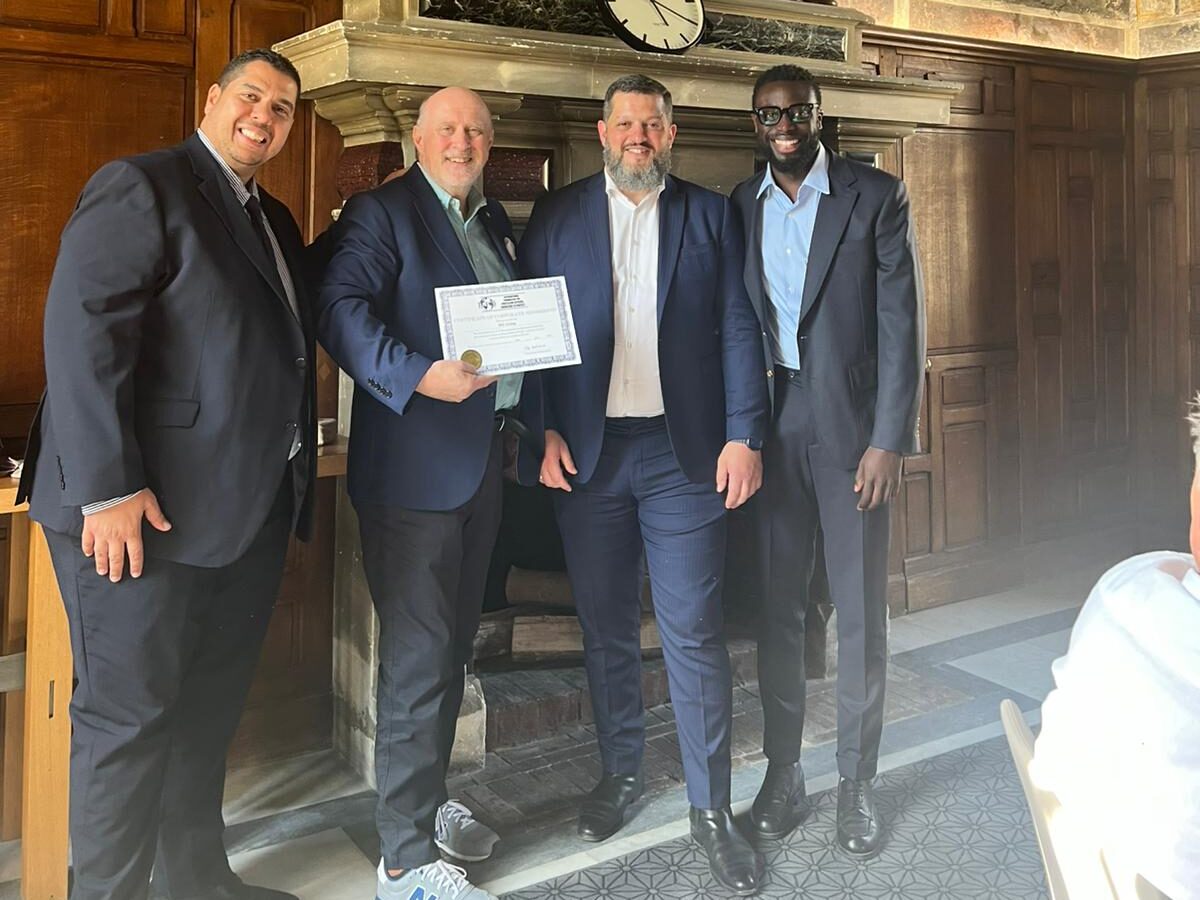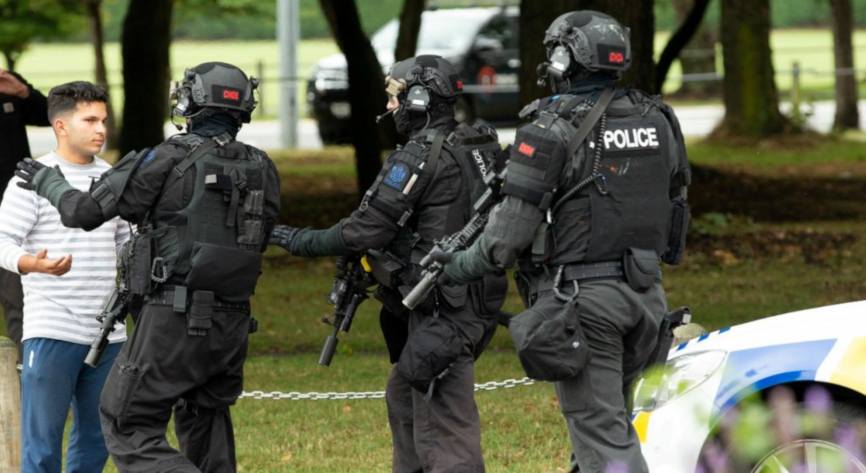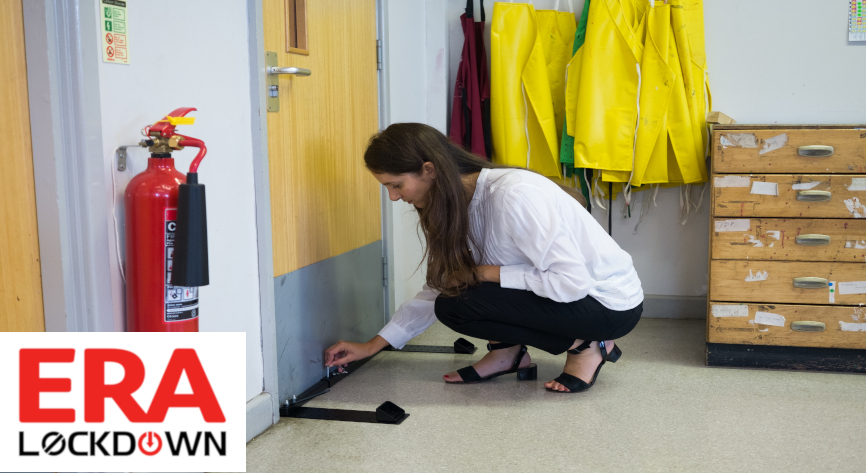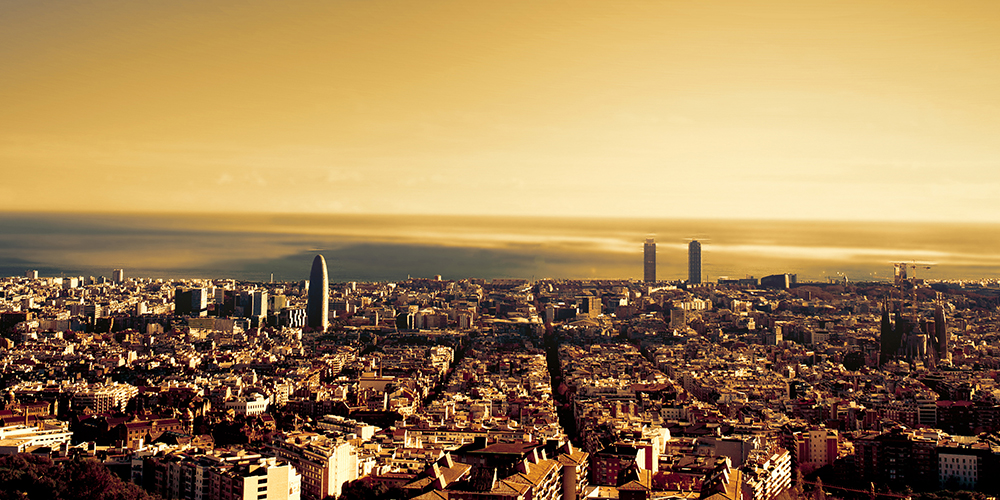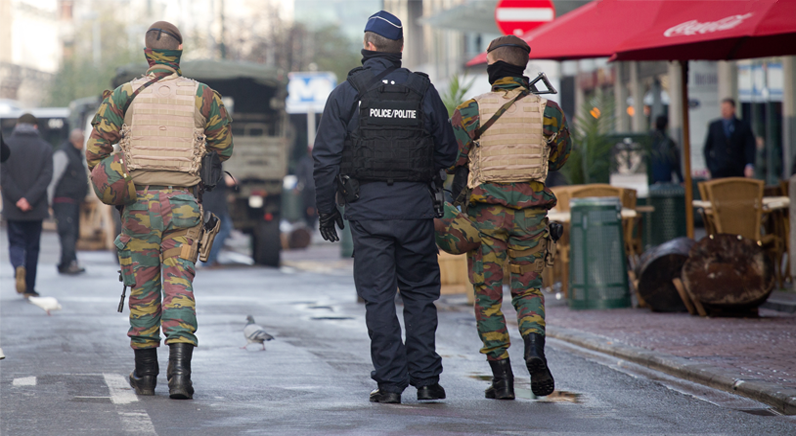Recent studies show that the public remain concerned over terror threats and crime following the easing of lockdown rules and the return to normality
The end of lockdown could open the door for terrorists to strike against public transport and other bustling areas as public spaces begin to open up again. A number of recent surveys from organisations and the public have come to light recently detailing that there is a heavy concern of terror threats post Covid. Transport hubs would be among the first places to be crowded with people again and would be easy for extremists to gain access, as the public return to work and travel to meet friends and family who they haven’t seen in over a year.
Analysts at Pool Reinsurance warned of extremists who might have been radicalised during the pandemic or delayed terrorist plans because of Covid-19. “Terrorist actors who have been unable to conduct mass-casualty attacks during lockdowns may execute these plans once restrictions lift,” they said. The report warned that a successful attack could further postpone the economic recovery from Covid-19 by triggering anxiety over travelling. Analysts said security services should pay attention not only to well-fortified sites in urban areas but to less obvious targets in the suburbs.
“Public transport networks present the opportunity to strike simultaneously at the general population and critical national infrastructure,” the report said. “Furthermore, attacks can generate significant public anxiety, undermine confidence in the ability of the government to provide security, and cause widespread economic and societal disruption. “This is of particular importance in the current situation where transport will be integral to the post-Covid economic recovery.”
Matt Twist, a Senior Metropolitan Police Counterterrorism Officer, urged people this week to be vigilant against terrorism as they start to resume more normal lives. “As the crowded places which have traditionally been the target for terrorists start to fill with people again, there is always the potential for that risk to come back,” he said, explaining that extremist groups, especially on the far right, used Covid-19 conspiracy theories to attract young supporters.
Meanwhile, the Pool Reinsurance report said the main threat of mass-casualty attacks came from Islamist extremists. In Britain’s worst terror attack on public transport, 52 people died when suicide bombers attacked buses and trains in London in 2005.
In 2017, a bomb partially exploded on a London Underground train in an incident which injured dozens.The risk assessment said dissident Irish republicans could carry out disruptive attacks but were less likely to inflict mass casualties. Potential terrorists were most likely to use low-tech methods, such as knives, because such attacks were easy to plan and hard to prevent, it said.For most extremists there has been a “shift towards using more rudimentary methods” in attacks on public transport, the report said.
This is probably a result of low-complexity attacks being easier for terrorists to conduct undetected when compared with more sophisticated methodologies such as explosives. The UK’s coronavirus lockdown sparked fears that young and vulnerable people were at risk of being drawn into terrorism. Social distancing measures meant that teachers and social workers were less likely to spot signs of radicalisation, police said last year.
The new survey, carried out by Crowdguard, highlighted that there is continuing public concern about terror attacks, with 72% of people saying that terrorism was on their mind when attending mass gatherings. 82% of people said they would feel safer in urban areas if vehicle security barriers were in place to protect against vehicle as a weapon (VAW) attacks, as well.
The Government downgraded the terror threat level from ‘Severe’ to ‘Substantial’ in February, while an ongoing consultation is currently underway on the new Protect Duty – legislation designed to improve security procedures in public spaces.
“As lockdown is eased and the threat of COVID-19 infection subsides, it is natural that people will want to enjoy socialising outdoors in the warmer weather,” explains Deborah Ainscough, Director at Crowdguard. “Many local authorities are facilitating this with enhanced public realm spaces, which include pedestrianisation and outdoor dining area initiatives.
“But the virus is not the only risk and social distancing, mask wearing and hand washing are not the only forms of protection needed. As people begin to gather in public locations again, the potential for VAW attacks is increased, so careful consideration needs to be given to both protection strategies and providing confidence that urban areas can be enjoyed safely.”
After more policing and increased detainment of terror suspects, more protective barriers were the most popular measures cited by survey respondents, with 57% of those who completed the survey calling for this.
Deborah continues: “As a nation, we have been through a very difficult period where the safety of our loved ones has been threatened by the pandemic and this has affected people’s general perceptions of wellbeing, risk and the need to protect those closest to them.
“In the meantime, the pandemic has been a breeding ground for conspiracy theorists and extremists, increasing the potential sources of terror threats. The ‘Substantial’ alert level indicates that we still need to be on our guard and 20% of respondents to our survey thought the threat level was still at ‘Severe’, indicating how vulnerable and concerned people feel.
“I am not surprised by the results of the survey. I think they provide a clear indication that the public wants to see visible and robust protection to give them confidence to enjoy our towns and cities again, with 72% saying they felt more at risk following the tragic Manchester attack – there is clearly still a lot of work that needs to be done. At a time when we need to encourage footfall in urban locations to drive economic recovery and community cohesion, vehicle security barriers have an important role to play.”
Other risks
Global risk consultancy, Sibylline, has released a report calling for organisations to be prepared for the wide range of issues that have been exacerbated by the Covid-19 pandemic.
The report looks at global risk trends that need to be considered as leaders seek to protect their staff, market access, assets, reputation, and technological base in the second half of 2020.
The spread of the virus over Q1 and Q2 prompted an economic contraction unsurpassed in living memory. The Covid-19 pandemic will remain the most significant economic and political variable globally, causing the acceleration of underlying global trends that have been building over the last few years. The report therefore highlights several knock-on effects that organisations need to be ready to respond to:
- Geopolitics: 67% of countries face increasing political risk – Geopolitical tensions such as the Russo-Saudi oil price war and strained US-China relations have been fuelled during the Covid response, adversely impacting supply chains, significantly increasing the risk of state sponsored cyber espionage and intellectual property theft. These tensions are testing business ethics and forcing some organisations to pick sides, while corporations and NGOs will increasingly become pawns amidst rising tensions.
- Civil unrest: 46% of countries face a surge in civil unrest – Rising unemployment, the fast-track introduction of automation affecting manual jobs, societal tensions, poor climate policies, human rights violations, food shortages and corruption are increasingly mobilising people to take both virtual and physical action.
- Lone actors: 12 significant incidents this year [France, the US, Canada, the UK, the Maldives, Germany and Israel] – The risk of attacks from lone actors continues and it remains harder for security services to intercept this threat, especially given the use of basic tactics such as stabbings and attacks with vehicles. Lockdown mitigated incidents, but those with existing mental health conditions have had their issues magnified by isolation, and there is an increasing chance of individuals being recruited online by far-right or Jihadist groups.
- Diversified crime: 51% of countries are predicted to face increased crime – The crash of the wholesale drug market, closed borders and difficult logistics has done anything but stop activity. Instead organised crime groups have used lockdown as an opportunity to diversify, taking advantage of distracted enforcement agencies. Virtual kidnappings have risen, while cybercrime, such as ransomware attacks on corporate systems, has increased by more than 300% in hard-hit Brazil, Colombia and Argentina. Businesses are having to adopt new methods at a much faster rate in order to protect their people, assets and data from the rapidly evolving threats.
The report aims to give leaders a holistic review of the risk themes first identified in November last year. It also provides a six-month forecast so they can take action to mitigate risk for their organisations and do the right thing for all their stakeholders.
Despite the excitement of the world returning to normal, it is necessary for the public and organisations to be extremely cautious and remain vigilant of additional new threats that they face. The government should be lobbying to make our urban environment safe by contributing funding and resources to physical security in towns and city centres,and transport security, as they are the primary points of concern. The public must also make sure to be careful, not just of Covid-19 but also new terror concerns.
Commentary: Deborah Ainscough, Director at Crowdguard
As lockdown is eased and the threat of COVID-19 infection subsides, it is natural that people will want to enjoy socialising outdoors in the warmer weather. Many local authorities are facilitating this with enhanced public realm spaces, which include pedestrianisation and outdoor dining area initiatives.
But the virus is not the only risk and social distancing, mask wearing and hand washing are not the only forms of protection needed. As people begin to gather in public locations again, the potential for VAW attacks is increased, so careful consideration needs to be given to both protection strategies and providing confidence that urban areas can be enjoyed safely.
As a nation, we have been through a very difficult period where the safety of our loved ones has been threatened by the pandemic and this has affected people’s general perceptions of wellbeing, risk and the need to protect those closest to them.
In the meantime, the pandemic has been a breeding ground for conspiracy theorists and extremists, increasing the potential sources of terror threats. The ‘Substantial’ alert level indicates that we still need to be on our guard and 20% of respondents to our survey thought the threat level was still at ‘Severe’, indicating how vulnerable and concerned people feel.
I am not surprised by the results of the survey. I think they provide a clear indication that the public wants to see visible and robust protection to give them confidence to enjoy our towns and cities again, with 72% saying they felt more at risk following the tragic Manchester attack – there is clearly still a lot of work that needs to be done. At a time when we need to encourage footfall in urban locations to drive economic recovery and community cohesion, vehicle security barriers have an important role to play.
Commentary: Justin Crump, CEO of Sibylline
The socio-economic impact of the Covid pandemic has yet to take full effect – the current phase is, really, just the end of the beginning. Rising unemployment and hardship, as well as an increasing focus on inequality, will serve as a key trigger for unrest across the world. Young adults and ‘blue collar’ roles are set to be most affected, worsening longstanding grievances among marginalised communities. Organisations and states that take an irresponsible and uncompassionate stance on redundancies, climate change and equality are set to become targets. Leaders must take a proactive, intelligence-led approach to decision-making and do the right thing for all of their stakeholders, amidst an increasing complex and uncertain environment.
Commentary: Dr. Tamara Makarenko, COO for Sibylline, advisor to the UN and expert on crime and terrorism
Organised crime is, unsurprisingly, proving to be the most nimble and innovative player in the face of the coronavirus pandemic. Wholesale illicit narcotics markets have been affected, and although we expect the core business of drug trafficking to resume once lockdowns are eased, crime groups have evolved how they operate in the midst of the crisis. In other developments, criminal groups have been corrupting procurement processes rolled out by governments seeking to quickly respond to COVID gaps, to enhancing local power by setting up food distribution centres and raising funds via ransomware attacks and virtual kidnappings, Organisations need to remain aware and vigilant to the threats these groups pose to business, and identify ways to mitigate any associated threats before they arise.
To stay up to date on the latest, trends, innovations, people news and company updates within the global security market please register to receive our newsletter here.
Media contact
Rebecca Morpeth Spayne,
Editor, Security Portfolio
Tel: +44 (0) 1622 823 922
Email: [email protected]



